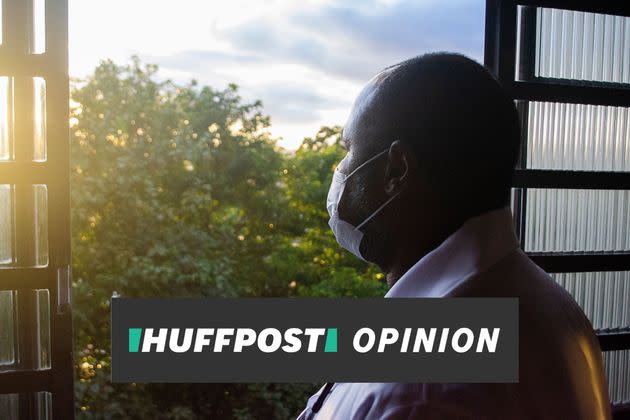A Glaring Omission In Coronavirus Data Is How BAME People Are Affected

We don’t know what the true scale or impact of Covid-19 will be, but the numbers of people who are testing positive and dying are escalating. As of 6 April, of those who have tested positive for coronavirus, 5,373 people have died and a total of 51,608 people had tested positive for coronavirus.
Early data from the Office for National Statistics (ONS) on the breakdown of registered deaths “where coronavirus was mentioned” reveals more people over the age of 65 than under have died, more men have died than women, and the region of London has had more deaths in relation to coronavirus than any other region. But a glaring omission is coronavirus-related deaths by ethnicity.
This is worrying. In the US, places like Chicago and Michigan are already showing racial disparities, with disproportionate numbers of African American people representing coronavirus cases and Covid-19 related deaths (African Americans represent 14% of Michigan’s population but 40% of the deaths with positive Covid-19 results).
In the UK, the impacts of the pandemic on different ethnic groups is still unclear. But not collecting or analysing coronavirus cases and related deaths by ethnicity means that we may be overlooking racial disproportionalities. Very few people will be immune from the health or economic consequences of this pandemic, but existing structural inequalities means that some groups are more likely to bear the brunt of it.
Inequality is a risk factor here. Black and ethnic minority groups in the UK are among the poorest socio-economic groups, with high rates of child poverty, ill health, high numbers of people employed in precarious work, and a higher likelihood of living in overcrowded and multi-generational households.
Bangladeshis and Pakistanis have higher rates of heart disease compared to their white British counterparts; black African and African Caribbean people have higher rates of hypertension compared to other ethnic groups, and BME groups overall are six times...


